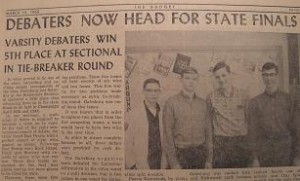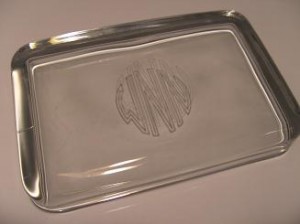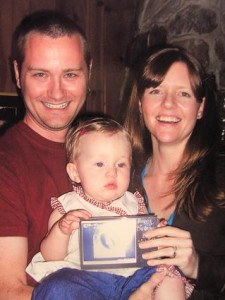Nate loved language. He read the dictionary for pleasure and used seventy-five cent words in everyday conversation. He was my personal walking, talking lexicon, and I loved asking him, “What’s that word? What does it mean?”
My husband never met a word he didn’t like. If he heard something new, he’d do exactly as all the grade school teachers instructed: use it in a sentence. One try at that and it was his forever. I recall the first time I ever asked him a word question. We were newlyweds, and he was in law school. When he referred to “becoming an attorney,” I asked, “What’s the difference between an attorney and a lawyer?”
“Nothing,” he said with a smile. “But that was a really cute question.” (Spoken like a man in love.) That was the start of forty years of word questions from me to him. Thankfully, he never criticized me for so much not-knowing.
In high school, Nate was the captain of the debate team (second from left), propelling his  classmates to excellence and a case full of trophies. Words were important, and he made it his business to learn all he could. As he studied the dictionary, he underlined words he needed to come back to, and made tiny notes in the margins. He memorized definitions, then quizzed himself year after year to be sure it all stuck.
classmates to excellence and a case full of trophies. Words were important, and he made it his business to learn all he could. As he studied the dictionary, he underlined words he needed to come back to, and made tiny notes in the margins. He memorized definitions, then quizzed himself year after year to be sure it all stuck.
He didn’t only enjoy English, though. He knew a smattering of all the romance languages and also Latin, the source of many English words. He also minored in college Russian and spoke it fluently. He used to say, “No, not fluently…” but whenever he ran into a native Russian, the two of them got lost in animated conversations the rest of us didn’t understand. One waitress and one hair cutter were particularly entranced by his interest in their language and loved to see him coming.
The other day as I was reading a morning devotional book, I came across a word I didn’t know and was frustrated I couldn’t just holler into the next room, “Nate, what does ‘abrogated’ mean?” Instead I had to go to the dictionary, a boring alternative to asking him . (It means to nullify or do away with something.)
I never really appreciated Nate’s massive vocabulary skills, at least not until now when I find myself hunting through the dictionary. He had a fantastic memory and seemed never to forget what he’d learned. We all looked up to him for his intelligence, and I don’t think I ever asked a question for which he didn’t supply the answer.
(But lest I give the impression he was perfect, he did destroy a toilet bowl trying to get rusted bolts loose with a hammer.)
We all have strengths and weaknesses. Nate took advantage of his love affair  with words by studying them and quizzing himself over and over. Language is important, and words run the world. But there are words, and then there is The Word, God’s definitive Word on all matters. Thankfully none of us needs an extensive vocabulary or a grasp on foreign language to be schooled by Scripture. The words on its pages concern matters of the heart, and since we all have one of those, its promises and words of eternal hope are meant for us all. To take full advantage of them, we don’t even need a dictionary.
with words by studying them and quizzing himself over and over. Language is important, and words run the world. But there are words, and then there is The Word, God’s definitive Word on all matters. Thankfully none of us needs an extensive vocabulary or a grasp on foreign language to be schooled by Scripture. The words on its pages concern matters of the heart, and since we all have one of those, its promises and words of eternal hope are meant for us all. To take full advantage of them, we don’t even need a dictionary.
“Your word is a lamp to my feet and a light for my path.” (Psalm 119:105)
[Jesus said,] “Heaven and earth will pass away, but my words will never pass away.” (Matthew 24:35)




